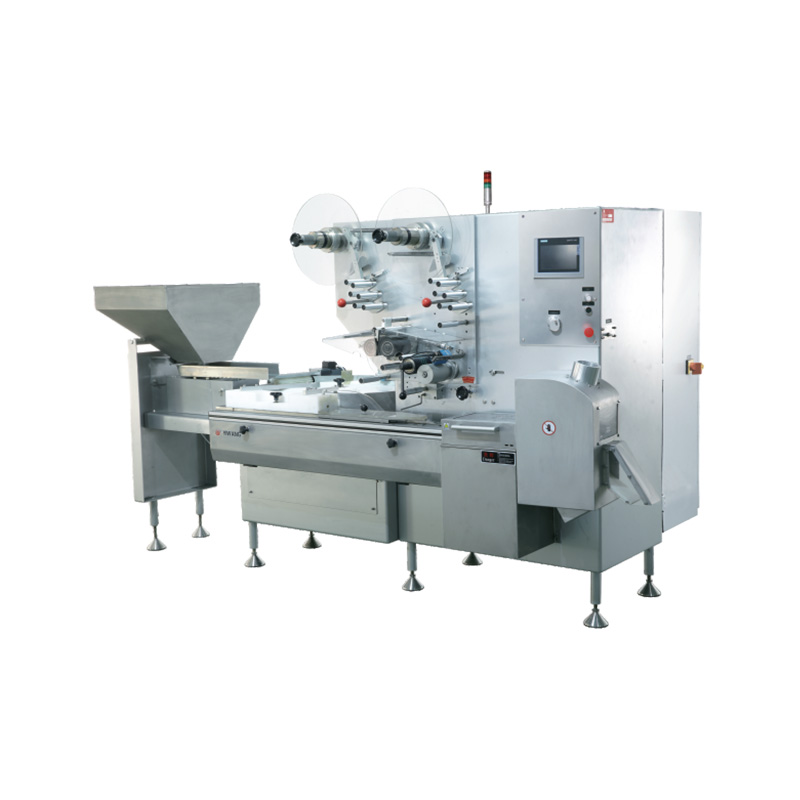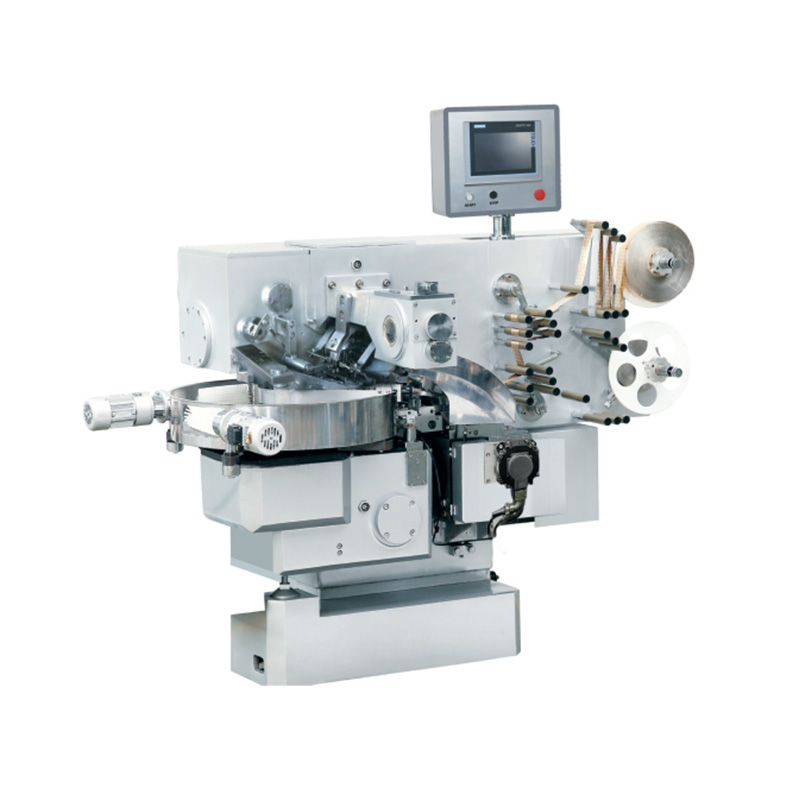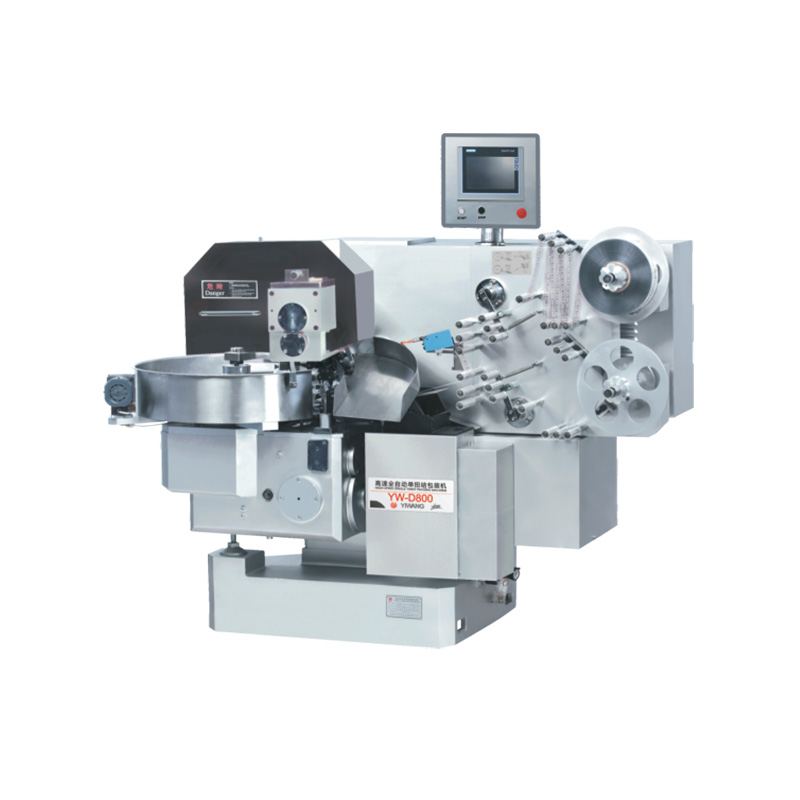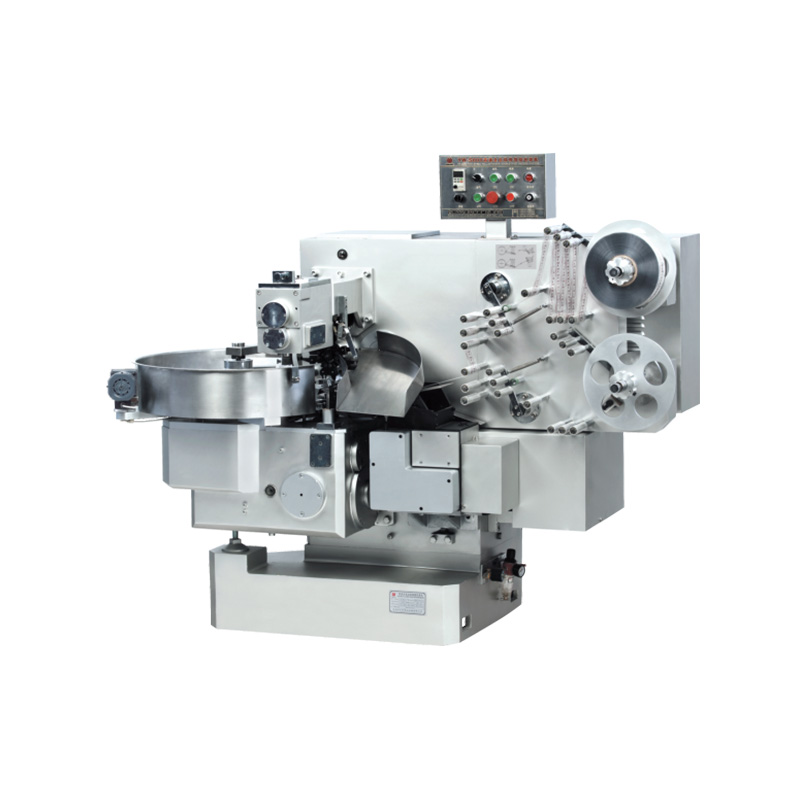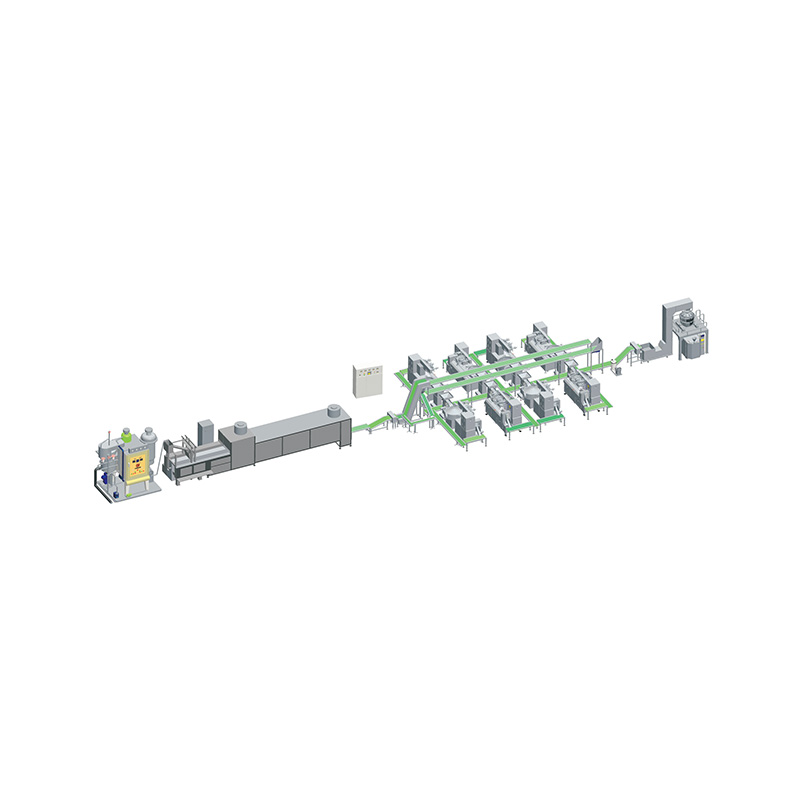The Importance of Regular Maintenance for Food Machinery Equipment Longevity
In the fast-paced world of food production, the reliability and efficiency of food machinery equipment are paramount. With the growing demands for high-quality food products and increased production speeds, regular maintenance of machines in the food industry has become a critical factor in ensuring the longevity and performance of these essential assets. Proper maintenance not only extends the life of automatic food machines but also enhances overall production efficiency, reduces downtime, and minimizes operational costs.
Understanding Food Machinery Equipment
Food machinery equipment encompasses a wide range of machines designed to process, package, and handle food products. From mixers and ovens to packaging machines and conveyor systems, each piece of equipment plays a vital role in the production line. As the food industry evolves, so does the complexity of these machines. Automatic food machines, which automate processes that were once done manually, require regular attention to maintain their performance and efficiency.
The Consequences of Neglect
Neglecting maintenance on food machinery equipment can cause a host of problems that can significantly impact production. Over time, wear and tear can cause machines to operate less efficiently, cause increased energy consumption and higher operational costs. Furthermore, unmaintained equipment is more prone to breakdowns, which can result in costly downtime. In a sector where timely delivery is crucial, even a small delay can cause lost contracts and damaged reputations.
The impact of neglect can extend beyond just the machinery itself. Poorly maintained automatic food machines can cause inconsistencies in product quality, risking food safety and compliance with industry regulations. This can result in recalls or fines, further compounding financial losses. Therefore, implementing a regular maintenance schedule is not just a best practice; it's essential for sustaining business operations.
Benefits of Regular Maintenance
1. Enhanced Equipment Longevity: Regular maintenance checks allow for early detection of potential issues. By addressing wear and tear before they escalate into major problems, businesses can significantly extend the lifespan of their food machinery equipment. This proactive approach can delay the need for costly replacements and preserve capital investment.
2. Improved Efficiency: Well-maintained machines in the food industry operate at good efficiency. Regular cleaning, lubrication, and adjustment of parts help ensure that automatic food machines run smoothly, reducing energy consumption and minimizing waste. This not only enhances productivity but also contributes to more sustainable operations.
3. Consistent Product Quality: Consistency is key in the food industry. Regular maintenance helps ensure that food machinery equipment operates within specified tolerances, cause uniform product quality. This is particularly important in sectors where taste, texture, and appearance can affect consumer acceptance and brand loyalty.
4. Compliance and Safety: The food industry is heavily regulated, with strict safety and hygiene standards. Regular maintenance helps ensure that equipment complies with these regulations, reducing the risk of fines and legal issues. It also minimizes the risk of accidents and injuries caused by malfunctioning machinery, creating a safer working environment for employees.
5. Cost Savings: While it may seem counterintuitive, regular maintenance can actually reduce overall operational costs. By preventing major breakdowns and extending equipment life, businesses can save money on repairs and replacements. Additionally, the efficiency gains from well-maintained machines can cause lower energy bills and reduced waste.
Implementing a Maintenance Strategy
To fully realize the benefits of regular maintenance for food machinery equipment, businesses should develop a comprehensive maintenance strategy. This strategy should include:
- Scheduled Inspections: Regularly scheduled inspections help identify potential issues before they become significant problems. This proactive approach ensures that equipment is consistently operating at peak performance.
- Documentation: Keeping detailed records of maintenance activities can help track the health of each machine. This documentation can also be useful for compliance purposes and can inform future maintenance decisions.
- Staff Training: Ensuring that staff members are trained in the proper use and care of food machinery equipment is crucial. Employees should understand how to perform basic maintenance tasks and recognize signs of potential issues.
- Collaboration with Manufacturers: Many manufacturers offer maintenance services or guidance specific to their equipment. Establishing a relationship with these suppliers can provide valuable resources and expertise to support maintenance efforts.

 English
English